KADIZA Sultana, one of the three London schoolgirls who fled to Syria last year, was said to have been disillusioned with life in Isis territory when she was reportedly killed by a Russian airstrike. Kadiza, who was just 16 when she and her friends Shamima Begum and Amira Abase left their Bethnal Green homes, had been radicalised and groomed online into believing that life under Isis would be some kind of religious utopia.
Instead it led to an early death.
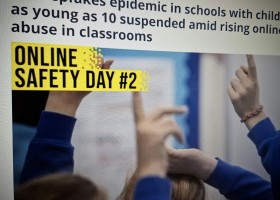


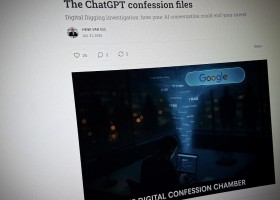
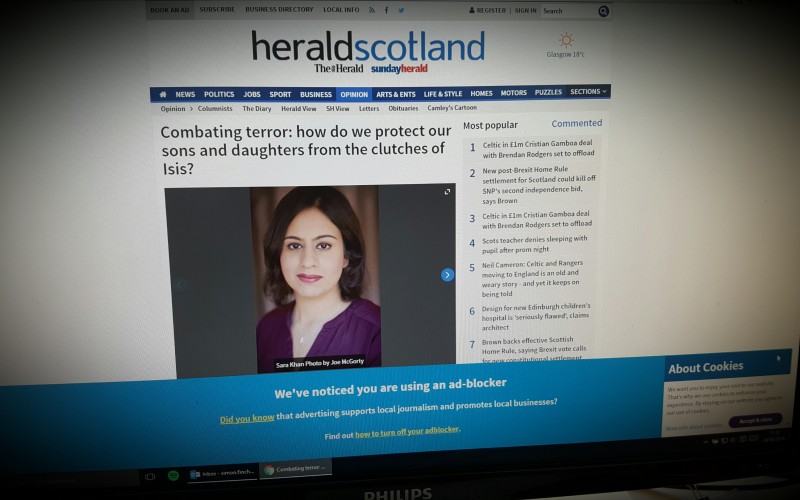
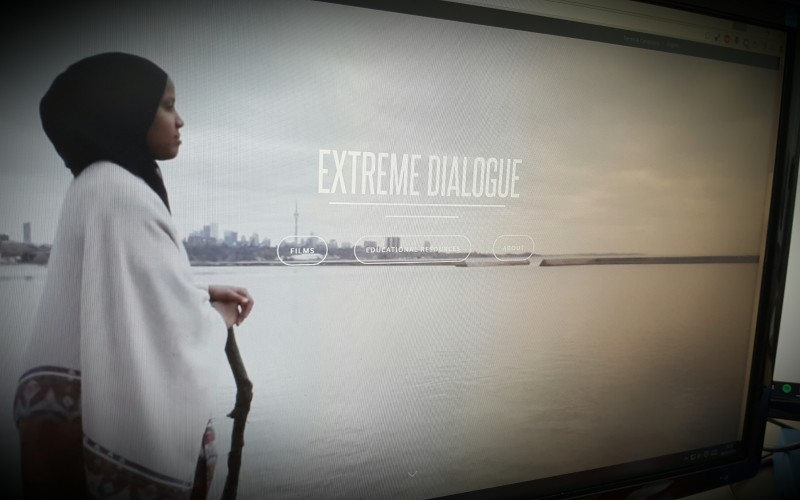
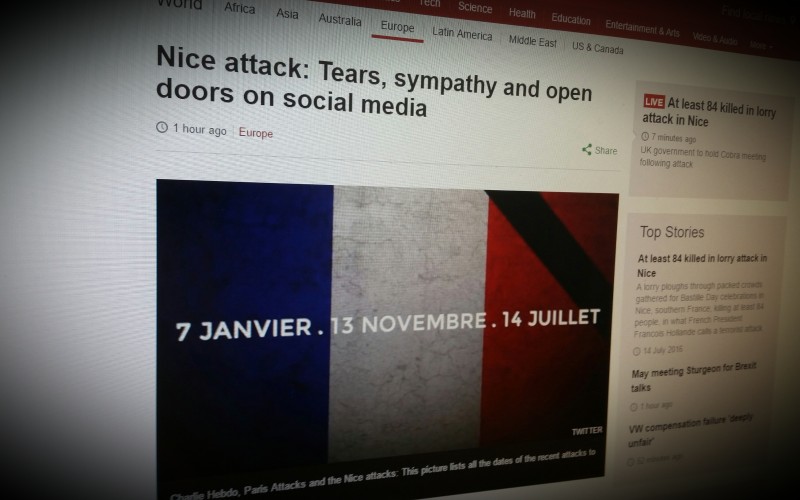
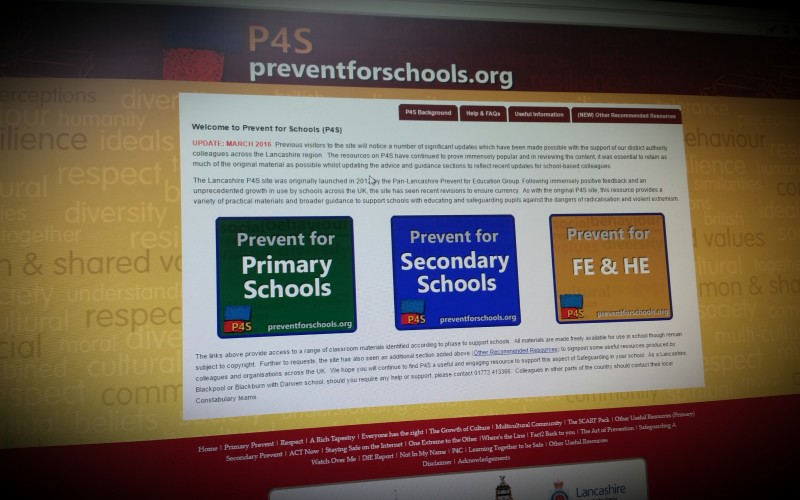

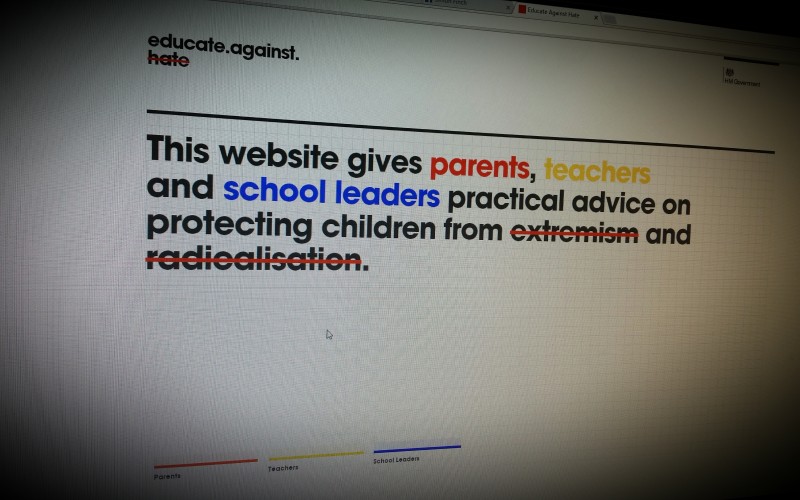
Comments
make a comment